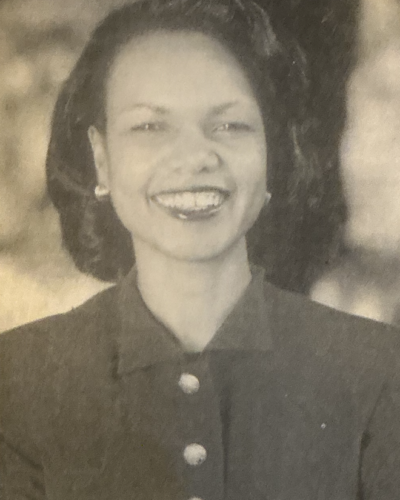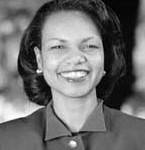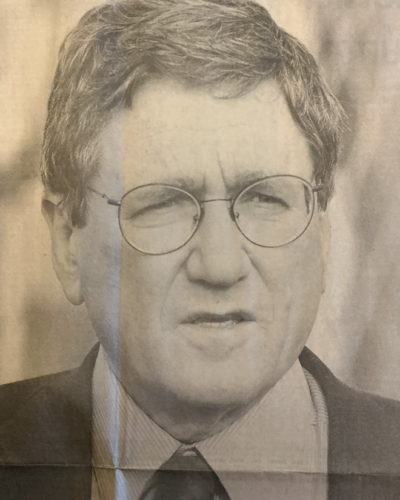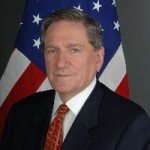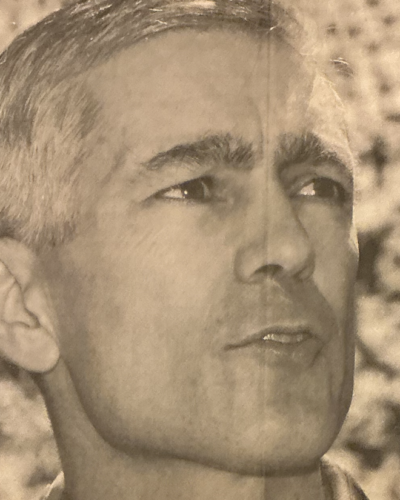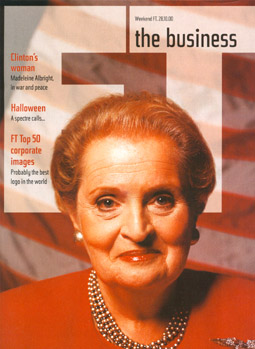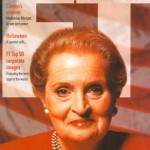Brand USA falters
If you’ve traveled overseas in the past few years and watched CNN International in your hotel room or at an airport, you must have seen the commercial promoting travel to Croatia that runs several times a day.
More recently, newly independent Montenegro, another part of former Yugoslavia, has been showing off its tourist attractions on the air. It’s only natural for small countries to do that, but even Germany has promoted its tourism on National Public Radio. When was the last time you saw or heard an ad campaign aimed at foreign visitors to the United States? For many years, both government and travel industry officials assumed that Brand USA was a sufficient incentive for millions of foreigners to flock to the new world and spend even more millions of dollars here…


